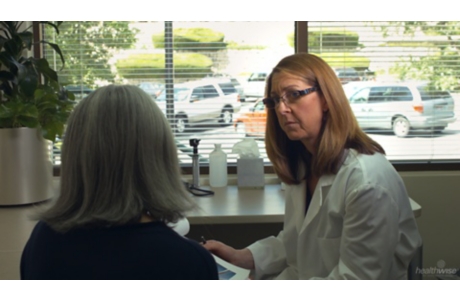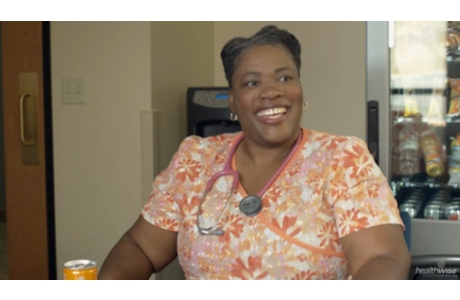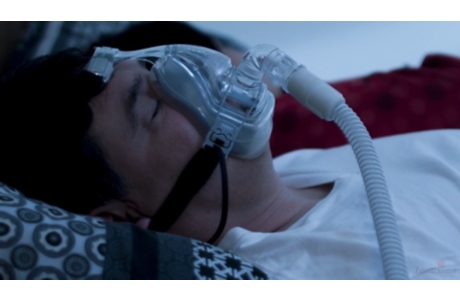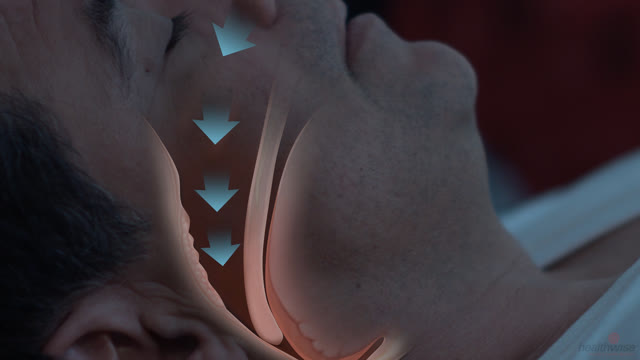Uvulopalatopharyngoplasty
Surgery Overview
Uvulopalatopharyngoplasty (UPPP) is a type of surgery to remove tissue from the back of your throat. You will be asleep during surgery. The doctor may remove extra tissue from the uvula, tonsils, or part of the soft palate. The soft palate is the back part of the roof of your mouth. After this tissue is removed, air may move through your throat better when you breathe.
This surgery may be used to improve obstructive sleep apnea that has not been helped by other treatments. Obstructive sleep apnea happens when your throat is narrow or blocked by tissue.
After surgery, you may breathe more easily or even snore less. This surgery may not completely fix the problem if the tongue relaxes when you sleep and blocks the airway. So you may still need to use continuous positive airway pressure (CPAP).
You will probably go home the day after surgery. In about 1 to 2 weeks, you can probably go back to work or most of your usual activities. But you may need 3 to 6 weeks to fully recover.
How Well It Works
UPPP surgery may reduce sleep apnea and snoring for some people. But apnea episodes and snoring may return over time. You may still need CPAP after surgery.
Risks
Complications during surgery include accidental damage to surrounding blood vessels or tissues.
Problems caused by surgery may include:
- A sore throat and problems swallowing.
- Speech problems. The surgery may change the sound of your voice.
- Changes in how food tastes.
- Swelling, pain, infection, or bleeding.
- Narrowing of the airway in the nose and throat.
- Sleepiness and periods of not breathing (apnea) related to the medicines that are used to relieve pain and help you sleep.
Credits
Current as of: July 31, 2024
Current as of: July 31, 2024






